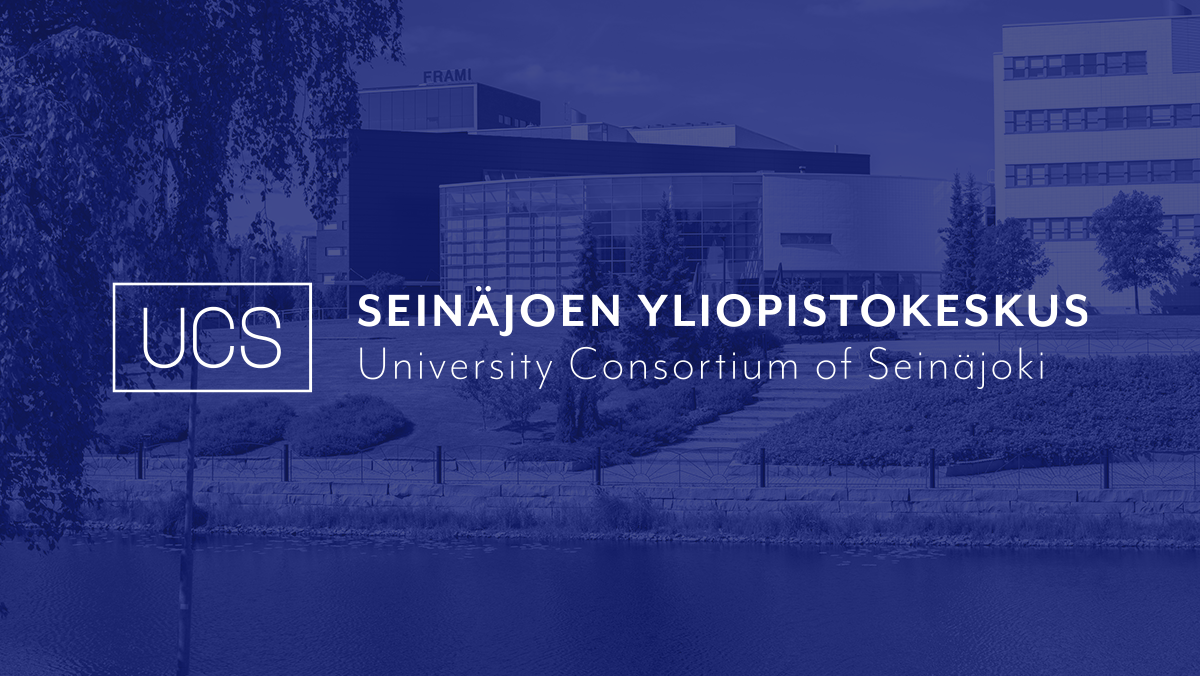HANDTAG, loppuseminaarin aineistot


HANDTAG project organized a results webinar on 22nd of July
After some welcoming words and brief project and partner introductions from Jussi Rasku (University Association of South Ostrobothnia) we heard presentations from Tomas Gustafsson (Region Västerbotten) and Sari Kiiala (Hospital District of South Ostrobothnia), who discussed the background, context, and results of the best practices surveys done in both Region Västerbotten and the Hospital District of South Ostrobothnia done as a part of the HANDTAG project. These surveys allowed the project to recognize and cross-pollinate best practices that are used to support good hand hygiene in their respective organizations but also to realize that there still exist challenges and barriers for improving hand hygiene compliance. Interestingly, the surveys identified both beneficial and negative effects the Covid-19 pandemic has had on hand hygiene.
Next, Jussi Rasku presented the preliminary results of the survey on the extensive academic literature on hand hygiene. The first key takeaway here was that there is strong evidence that the World Health Organization multimodal strategy works, especially when complemented with additional novel intervention components. Furthermore, from the literature it seems that each 10% improvement in hand hygiene compliance can reduce hospital care associated infections around 6%. This can lead to not only significant savings but also reduce human suffering and save the existing resources so that they can be allocated in a more effective way.
The literature and the best practices survey set the stage for the next presentation from Nils Sandberg (Region Västerbotten) on the proposal for a full project targeting the Interreg Aurora program and call to action for potential partners. In a very practical way, the workshop provided the audience a way to collaborate on identifying additional challenges, providing ideas on how these could be addressed, and identifying who could lead these activities.
Following the workshop part of the webinar, there was a roundtable discussion on funding and innovations in health care and wellbeing. The roundtable was chaired by Jussi Rasku with the participants being Iiris Mäntyranta, the program director of the new Interreg Aurora; Stefan Rannanpää, the specialist planner at Regional Council of Ostrobothnia; and Sami Perälä, who provided a viewpoint of EU wide collaboration networks such as the one of ECHAlliance to the discussion. We learned, e.g., of the importance of smart specialization, the quality of partners being more important than their number, and on the importance of recognizing the exact problem being addressed by the proposed project.
The webinar was concluded by summarization of the workshop results and final words from Jussi Rasku. The HANDTAG project has an open call to collaborate on developing the proposed ideas and planning the next full project on infection control for 2022-2015.
The webinar was recorded and the video is available as well as the other materials.
For more information: Jussi Rasku jussi.rasku (a) epky.fi
